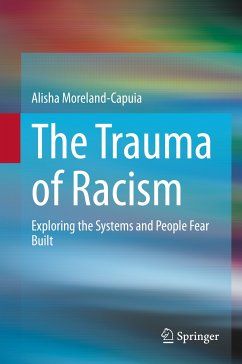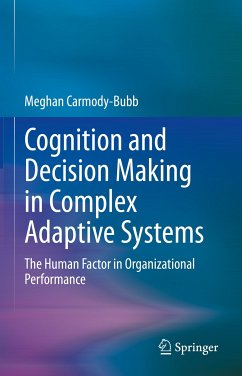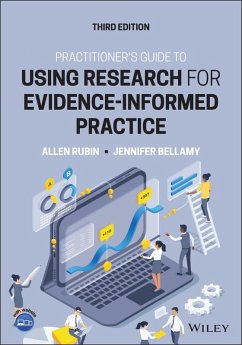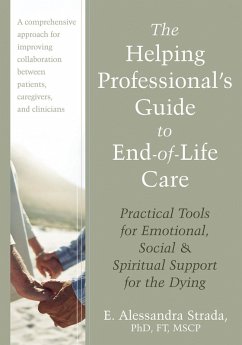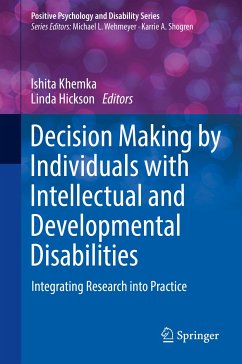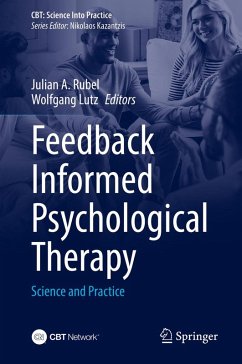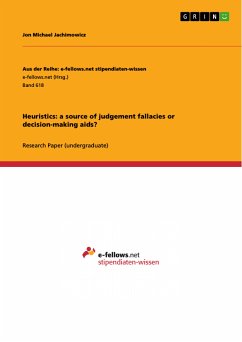Cortny Stark Dr. Cortny Stark (she, her, hers) is an Assistant Professor, and the Substance Use and Recovery Counseling program coordinator with the University of Colorado Colorado Springs Department of Counseling and Human Services. She is also a telehealth therapist with the Trauma Treatment Center and Research Facility, providing trauma reprocessing and integration, clinical services for substance use and process addictions, and supporting transgender and gender-expansive youth. In addition to her role as a clinician, Dr. Stark provides supervision for provisionally licensed counselors seeking their Licensed Addiction Counselor (LAC) credential, is a Motivational Interviewing Network of Trainers (MINT) member, and facilitates nationwide trainings with the Motivational Interviewing Training Center out of Albuquerque, NM. Dr. Stark's research utilizes qualitative and mixed methods, and focuses on LGBTQQIA+ issues in counseling, leader development, integrative approaches to trauma reprocessing and integration, trauma-informed care, and substance use and recovery. Jose "Joey" Tapia Jr Dr. Jose Luis Tapia Jr. (he, him, his) is currently an Assistant Professor at the University of Colorado Colorado Springs. He graduated with his PhD in counseling at the University of North Texas. His research is focused on disability-responsive care across the lifespan. Dr. Tapia has been highlighted for her service by the American Counseling Association with the Arthur A. Hitchcock Distinguished Professional Service Award, the Outstanding Graduate Student Leadership Award by ACES, and Doctoral Student of the Year from the American Rehabilitation Counseling Association. Dr. Tapia has served the community in public and private rehabilitation settings as well as, in private and community practice for 10 years. He has provided individual, relationship, play, and family therapy with a special focus in serving people with disabilities in three languages (English, Spanish, and American Sign Language). He is a Certified Rehabilitation Counselor, Licensed Professional Counselor, Registered Play Therapist, and National Certified Counselor. Additionally, he is a Certified Child-Centered Play Therapist-Supervisor, and Certified Child-Parent Relationship Therapy-Supervisor and has advanced training in Emotionally Focused Therapy. Kylie Rogalla Dr. Kylie Rogalla (she, her, hers) is an Assistant Professor within the Department of Counseling and Human Services at the University of Colorado Colorado Springs. She has been a Counselor Educator in CACREP master's-level programs for 11 years, as well as a telemental health counselor with BetterHelp.com for the past six years. Dr. Rogalla began her professional journey as a Professional School Counselor, collected clinical credentials as a Licensed Professional Counselor (LPC), expanded into the realm of substance use treatment with a Licensed Clinical Addiction Counselor (LCAC) endorsement, and secured the Board Certified Telemental Health (BC-TMH) provider credential to support her virtual practice. Kylie specializes in crisis and trauma work, pedagogy, and research, originating in her roles within emergency crisis shelters for families experiencing intimate partner violence, as well as alternative high school programs serving underrepresented populations. Her additional research passions include anticipatory and disenfranchised grief, with a widened emphasis on personal and posttraumatic growth. Kate Bunch Kate Bunch (she, her, hers) is a Licensed Professional Clinical Counselor (LPCC) in New Mexico. She is also a Registered Play Therapist Supervisor (RPT-S), an Endorsed Infant Mental Health provider (IMHE-III) and an EMDRIA Approved Consultant. She has engaged in continuing education around the treatment of trauma through somatic, attachment, and multidisciplinary approaches. Kate has used her training to support children and adolescents in regaining trust in their attachments to caregivers and families to develop shared goals and communication strategies. Kate has developed a clinic, Trauma Treatment Center, in New Mexico that delivers treatment to address trauma across the lifespan and has had her model of therapy published in the Journal of Counselor Practice and the Journal of Trauma Studies in Education. She also works with multiple universities to continue to study the impact of treatment and innovative treatment practices. Kate owns Mind Body Trauma Institute, which is based in New Mexico. Mind Body Trauma Institute's primary focus is to support the training and development of providers across genres from a holistic and trauma-focused approach. Offering training that focuses on understanding trauma from any field, trauma treatment in mental health, and the lasting effect of traumaon providers themselves. MBTI will support the ongoing conceptualization of treatment with consultation for interested providers. MBTI wants collaboration across professional fields to primarily focus on treating trauma within communities, focusing on developing and supporting a peer support network and community for all trauma-focused providers. Kate is the founder of The Jackie Project, a non-profit started in honor of her Grandmother that supports education and literacy for social-emotional development with children. The Jackie Project is developing ways to increase access to treatment for underserved areas in New Mexico. Additionally, they are working to support continued efforts in complex trauma research. Kate had been awarded the George R. Keppler 2019 Outstanding Counselor of the Year from the New Mexico Counseling Association and the Behavioral Health Worker - Child Welfare and Juvenile Justice Excellence Award for 2023 from The Children's Law Institute.





